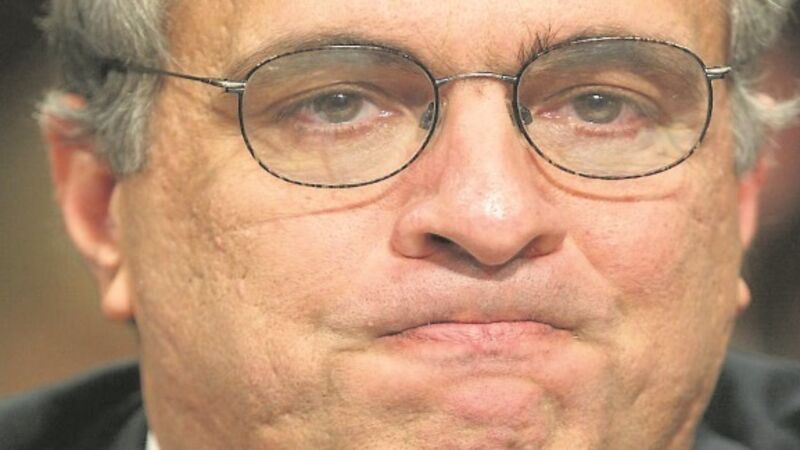In the era of Trump, Central Intelligence searches for purpose

American presidential transitions are perilous times. One tradition of creating continuity is for commanders-in-chief in waiting to be briefed by the Central Intelligence Agency.
Some presidents-elect can’t get enough of the top-secret stuff. Some half-listen as they gear up in great haste to take office.
















